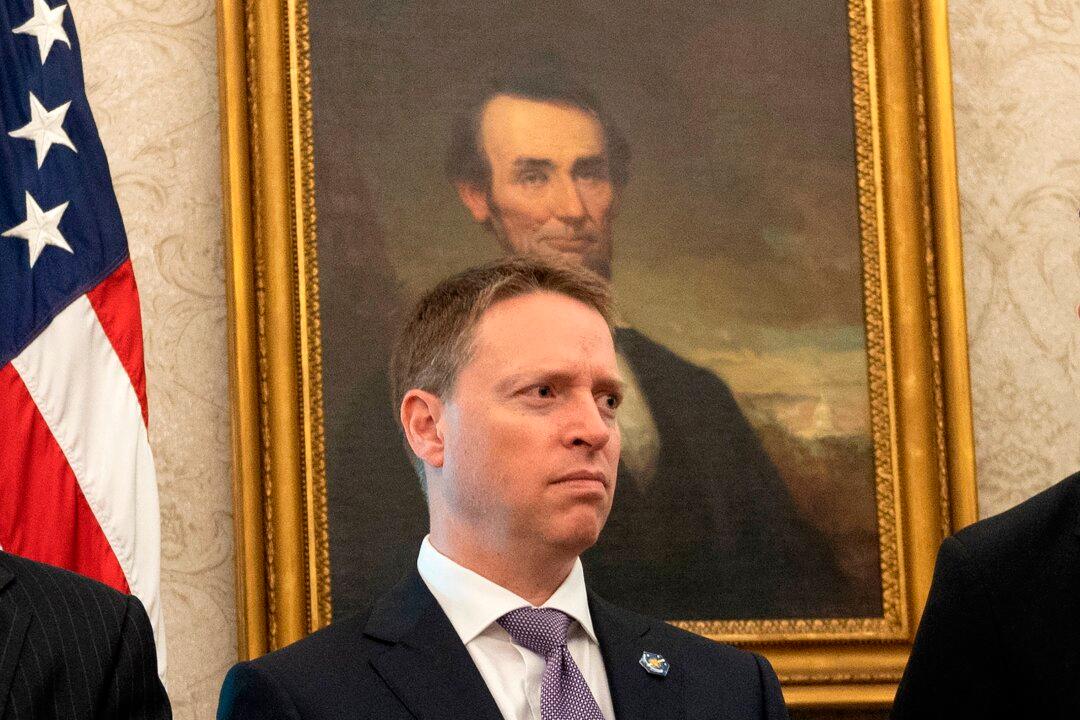In a rare speech delivered in Mandarin Chinese, a senior White House official called on the world to speak up against the Chinese Communist Party’s (CCP) abuses and malign influence.
“Democracies are safest when we speak honestly and publicly about and to our friends, our adversaries, and ourselves,” said Matthew Pottinger, the deputy national security advisor who plays a key role in shaping the Trump administration’s China policy, in an online address to the U.K. think tank Policy Exchange on Oct. 23.





